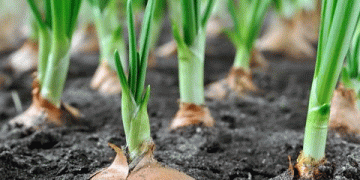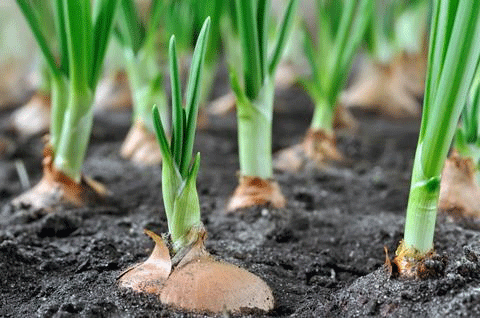Malaysia, a nation heavily reliant on agricultural imports, is setting an ambitious goal: achieving 30% self-sufficiency in onion production by 2030. To reduce dependency and bolster food security, the government has committed RM12 million (US$2.69 million) toward infrastructure, training, and modern farming practices. This initiative could redefine the onion supply chain and provide sustainable growth opportunities for farmers nationwide.
Key Objectives and Investments
The Malaysian government’s plan encompasses three key phases:
- Seed Development (2021–2030): Focusing on the research and development of high-quality, resilient onion seeds suitable for local conditions.
- Pre-Commercial Scale (2024–2025): Utilizing 26.55 hectares for trial onion cultivation with government-provided resources.
- Commercial Scale (2026–2030): Scaling up production to 1,347 hectares in strategic locations, such as Kuala Bikam and the Agrofood Park in Ara Kuda, to produce over 14,000 tonnes of onions.
Addressing Challenges with Innovation
Malaysia faces several challenges in local onion production, including:
- Seasonal Variations: Limiting consistent production cycles.
- Infrastructure Gaps: Lack of modern irrigation and storage facilities leads to post-harvest losses.
- Limited Access to Quality Seeds: Hinders yield potential and crop resilience.
To tackle these issues, the government is promoting advanced agricultural techniques, such as:
- Precision Agriculture: Leveraging data to optimize water, fertilizer, and pesticide use.
- Mechanized Farming: Reducing labor costs and improving efficiency.
- Automated Irrigation Systems: Ensuring consistent water supply, especially during dry seasons.
- Post-Harvest Technology: Enhancing storage and processing to reduce losses and improve product quality.
Projected Impact by 2030
The initiative is expected to significantly impact Malaysia’s agriculture:
- Reduction in Import Dependence Ratio (IDR): A decline in onion imports will save foreign exchange and reduce vulnerability to global supply chain disruptions.
- Job Creation: Empowering local farmers and creating employment opportunities in related sectors.
- Food Security: Enhancing the self-sufficiency rate (SSR) contributes to greater national food stability.
- Economic Growth: Strengthening Malaysia’s agricultural economy through higher productivity and competitiveness.
Malaysia’s investment in local onion production marks a strategic pivot toward agricultural self-reliance. By prioritizing innovation, infrastructure, and farmer support, the nation is poised to transform its onion industry into a model of sustainable growth. As the government rolls out this multi-phase strategy, the agricultural sector is expected to benefit significantly, providing a stable, resilient future for farmers and consumers alike.































